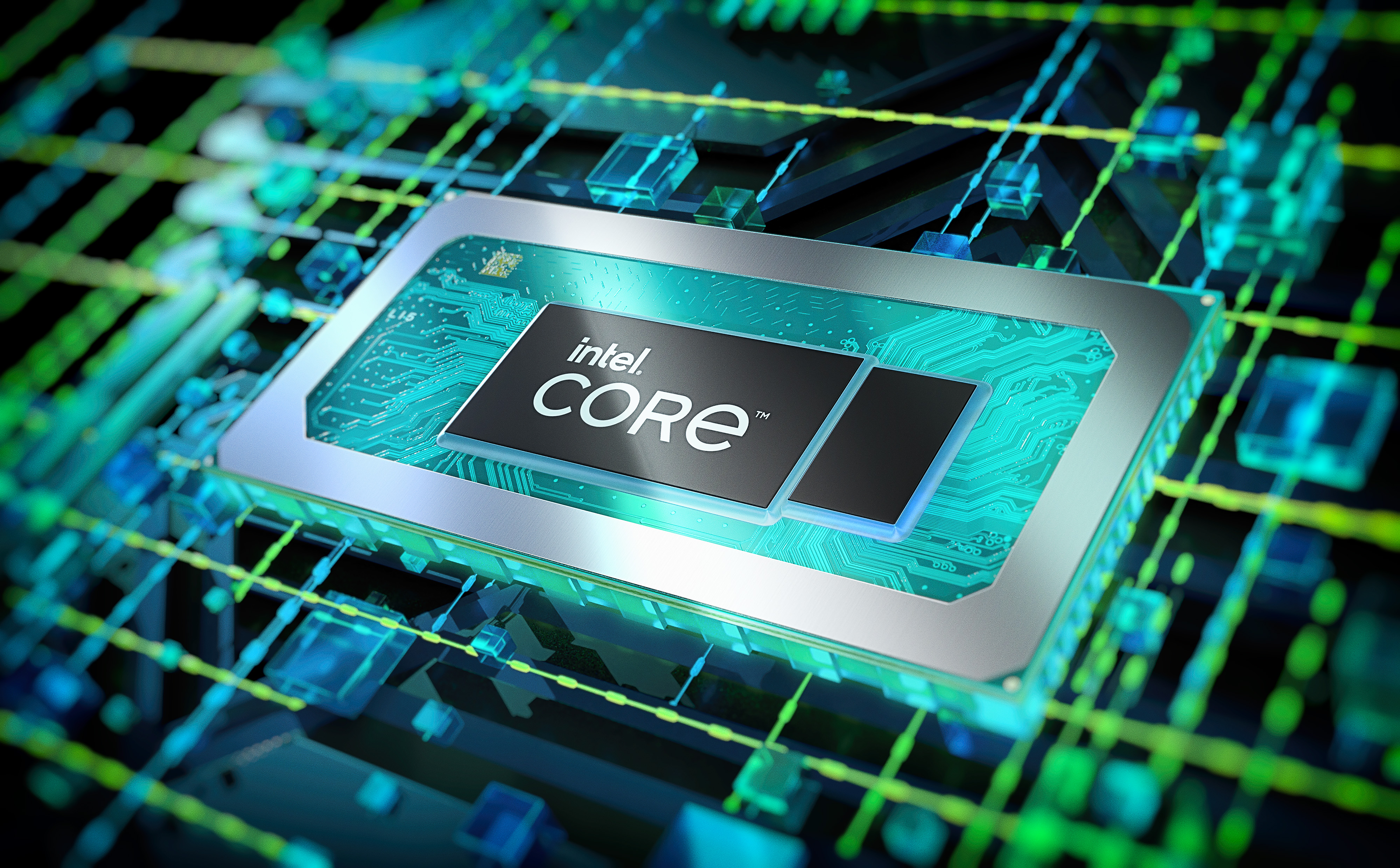Intel staves off AMD and China critics to keep exclusive export license to Huawei — Intel sells 90% of CPUs used in the company's laptops
AMD says it's unfair.

Intel successfully defended its export license to Huawei after rival CPU manufacturer AMD and China critics pushed to get the license revoked, according to a report from Reuters. Thanks to an export license granted in 2019, Intel effectively has an exclusive deal to sell laptop CPUs to Huawei, which AMD says is unfair. The license will lapse later this year and likely won't be renewed, though Intel has already made hundreds of millions of dollars on CPU sales to Huawei.
Huawei has been a key player in the chip war between the U.S. and China for years. In 2019, it was put on the trade restriction list, and its next-gen HiSilicon Ascend GPU is expected to use a 5nm node despite sanctions designed to make such a thing impossible. However, Huawei isn't entirely excommunicated from the West. In late 2020, the Trump administration granted several of Huawei's suppliers special exemptions to ship to Huawei once more.
One of those suppliers is Intel, which sells the laptop CPUs Huawei needs for its laptops. This deal is worth hundreds of millions of dollars, and unsurprisingly, AMD applied for the same license Intel got in early 2021, just after President Biden's inauguration. However, AMD says it never got a response. To this day, AMD still cannot legally sell CPUs to Huawei, while Intel can, making for what is essentially a completely exclusive export license for Intel.
Consequently, AMD's market share in Huawei laptops has almost evaporated. An internal AMD presentation claimed the company enjoyed near parity with Intel at a share of 47.1% in 2020, but that fell to 9.3% by the first half of 2023. Similarly, Intel's market share rose from 52.9% to 90.7%. The presentation claims this created an "estimated revenue discrepancy" of $512 million.
Obviously, AMD claimed this arrangement was extremely unfair and lobbied for Intel's license to be revoked alongside China critics, who are against export deals in general. On February 28 last year, the Commerce Department said it would review the licenses granted to Huawei suppliers (including Intel) and privately informed companies that the playing field would be even, but Reuters says the Department decided late last year not to change any licenses.
It was unclear to Reuters why AMD's license application wasn't approved in the first place and why the Commerce Department's review didn't result in Intel's license being revoked. The publication speculates it could have been in the interest of cooling down relations between the U.S. and China, which have been especially strained due to sanctions levied during the Biden administration.
The multi-hundred-million dollar deal will likely end anyway later this year as Intel's export license is set to expire. Although Intel could renew it, Reuters says this is unlikely, according to its sources. This does mean that AMD's efforts to get the license revoked weren't entirely necessary, but half a billion dollars is no small sum of money, and AMD was probably incensed by what it sees as an unfair arrangement.
Get Tom's Hardware's best news and in-depth reviews, straight to your inbox.

Matthew Connatser is a freelancing writer for Tom's Hardware US. He writes articles about CPUs, GPUs, SSDs, and computers in general.
-
Dustyboy1492 It makes sense the US government would give an export license to a company that actually fabs its chips in the US, as opposed to AMD that manufactures in Taiwan.Reply -
rluker5 I think the answer as to why a request for a license to do business was approved under a pro business administration and why a similar request to an anti business administration was denied has more to do with the people approving the requests for licenses than the companies requesting them.Reply
AMD should have put in the request a bit earlier. -
NinoPino Reply
If AMD is a U.S. company than should be applied same rules otherwise you need a specific legislation.Dustyboy1492 said:It makes sense the US government would give an export license to a company that actually fabs its chips in the US, as opposed to AMD that manufactures in Taiwan.
What about Apple (made in PRC) ?
In any case there had to be an answer. -
Notton The answer is, the person signing those exemptions changed.Reply
If Intel and AMD had their roles reversed in this situation, I don't think anyone would be able to predict the outcome of those export licenses either. -
Argolith Reply
By your logic the restrictions shouldn't apply to AMD because as you said, it's not a US export but a Taiwan one.Dustyboy1492 said:It makes sense the US government would give an export license to a company that actually fabs its chips in the US, as opposed to AMD that manufactures in Taiwan. -
Avro Arrow The way I see it is very simple. If one is allowed to export to Huawei, then all should be allowed to export to Huawei. I don't have a problem with Intel having said export licence, I do however have a problem with only Intel having said export licence.Reply
According to Americans, capitalism is supposed to be a level playing field without government intervention. Well, this situation shows that it doesn't work that way. Either grant export licences to other companies or revoke Intel's. -
Kamen Rider Blade Reply
But we live in the age of "Crony Capitalism", he who has more friends/fingers in Washington DC has more stroke to rig the game in their own favor.Avro Arrow said:According to Americans, capitalism is supposed to be a level playing field without government intervention. Well, this situation shows that it doesn't work that way. Either grant export licences to other companies or revoke Intel's.